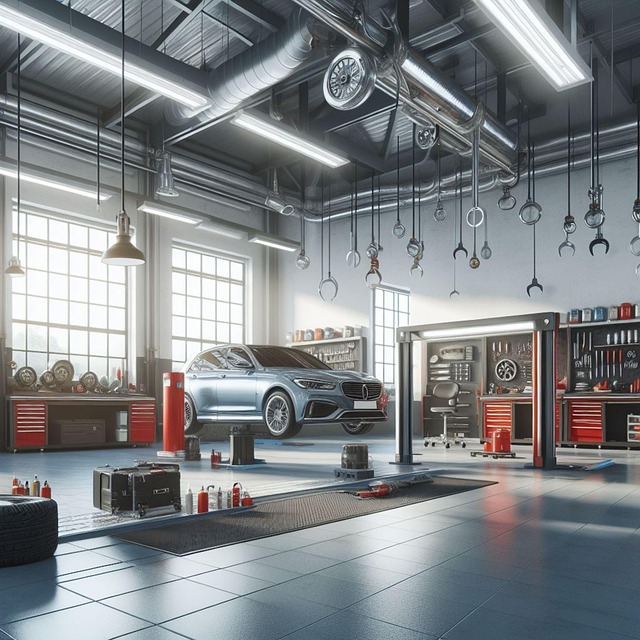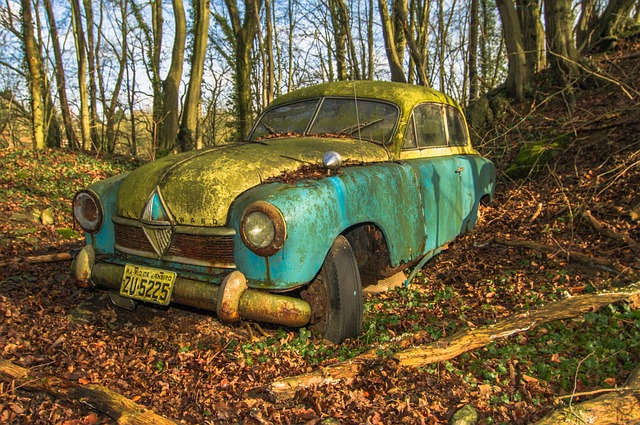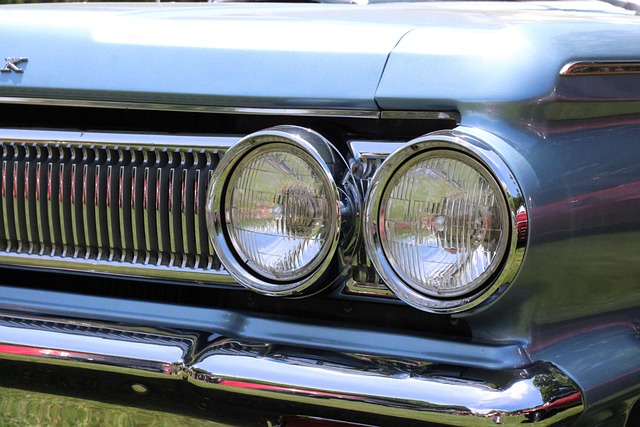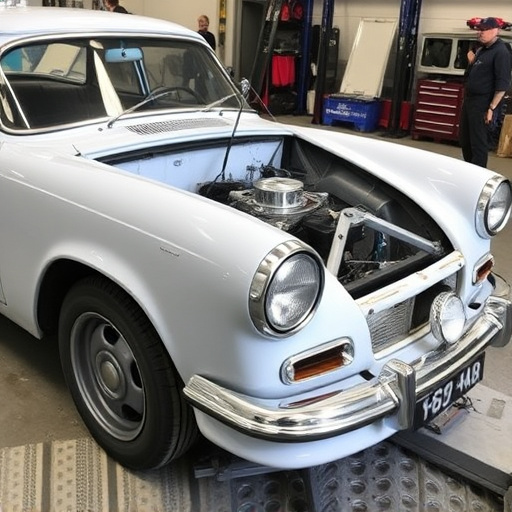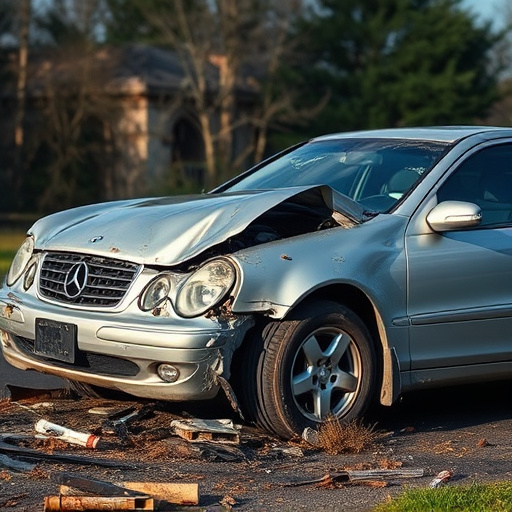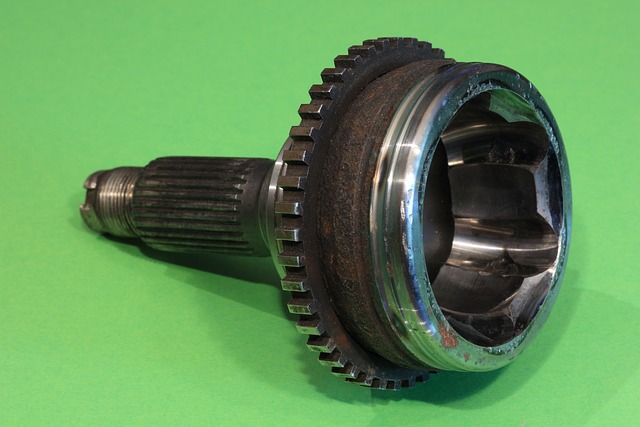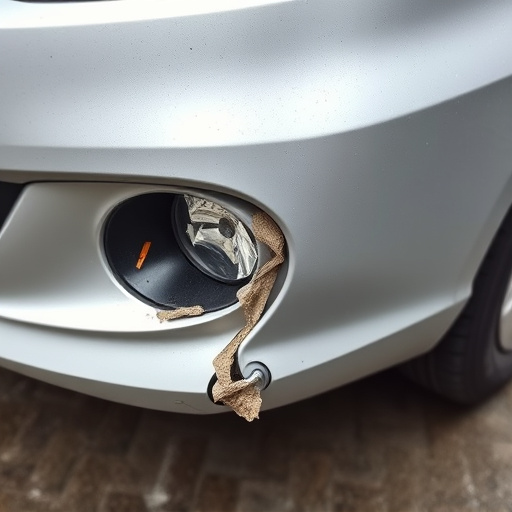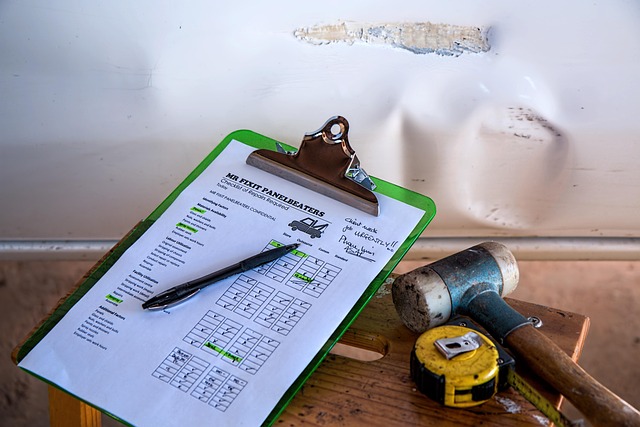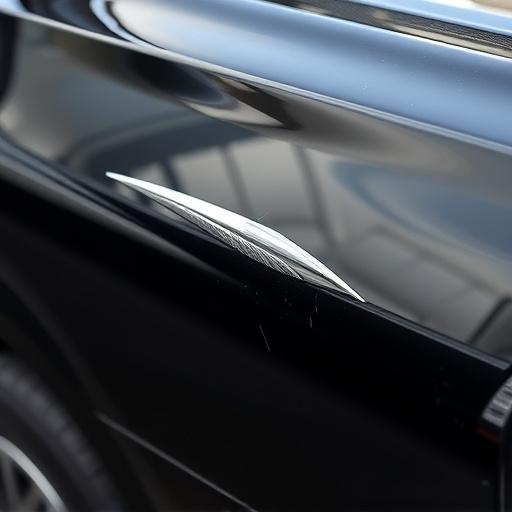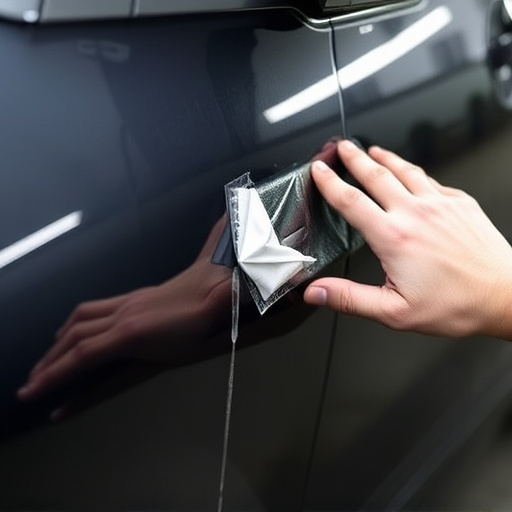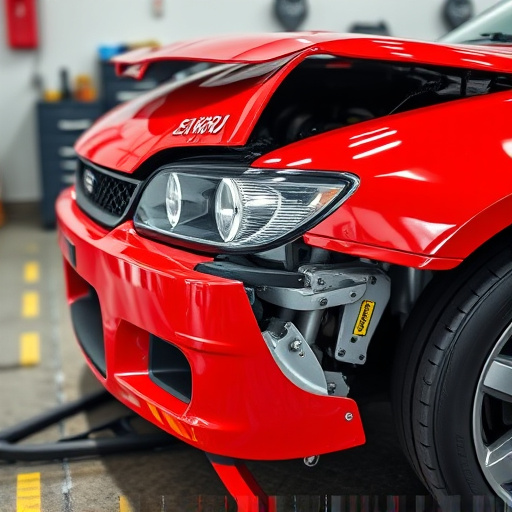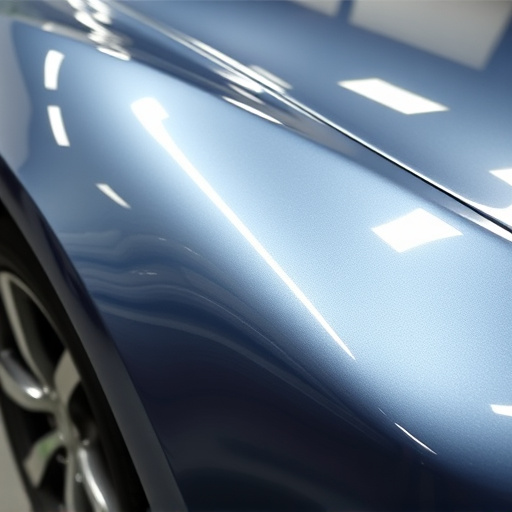After a collision, undercoating becomes an overlooked yet critical step in vehicle repair for long-term health. It protects against corrosion and environmental damage, preserving structural integrity and vehicle value. Review your vehicle's warranty to understand coverage, as many manufacturers offer comprehensive protection. Choosing professional restoration over DIY repairs ensures expert handling, adherence to industry standards, and preservation of manufacturer warranties by addressing hidden damages or improper undercoating.
After a collision, one crucial aspect often overlooked is the condition of your vehicle’s undercoating. This protective layer plays a vital role in preventing rust and ensuring structural integrity. Understanding how undercoating can impact your warranty is essential for long-term vehicle care. In this article, we’ll guide you through evaluating undercoating repairs post-collision, including warranty coverage and the benefits of professional restoration, all while delving into the significance of this often-hidden component.
- Understanding Undercoating and Its Role After a Collision
- Evaluating Warranty Coverage for Undercoating Repairs
- The Impact of Professional Restoration on Long-Term Warranty Validity
Understanding Undercoating and Its Role After a Collision
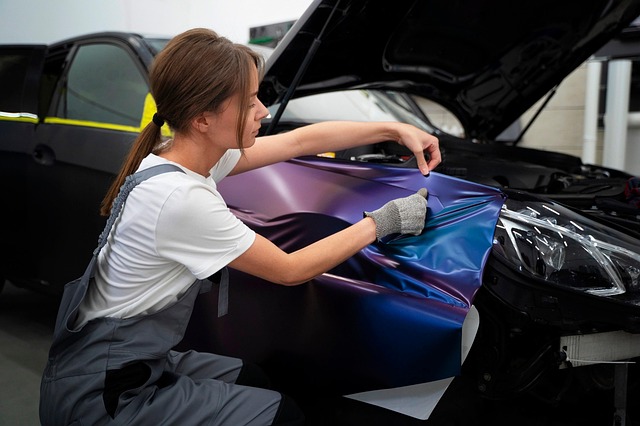
After a collision, one often overlooked aspect of vehicle repair is undercoating. Undercoating serves as a protective barrier between your car’s delicate components and potential corrosion or damage caused by road debris, salt, and other environmental factors. In the aftermath of a crash, this layer becomes even more critical as it helps to prevent further structural issues and promotes longevity in the long run.
When a vehicle experiences a collision, its underbody may sustain hidden damage that isn’t immediately apparent. A quality undercoating can guard against rust and corrosion, which are common side effects of car accidents. By investing in proper undercoating after collision repair at a trusted auto body shop or collision center, owners ensure their vehicle not only drives smoothly but also maintains its value through meticulous auto maintenance practices. This step is crucial for those who want to preserve the aesthetics and integrity of their ride, especially through professional auto detailing services.
Evaluating Warranty Coverage for Undercoating Repairs
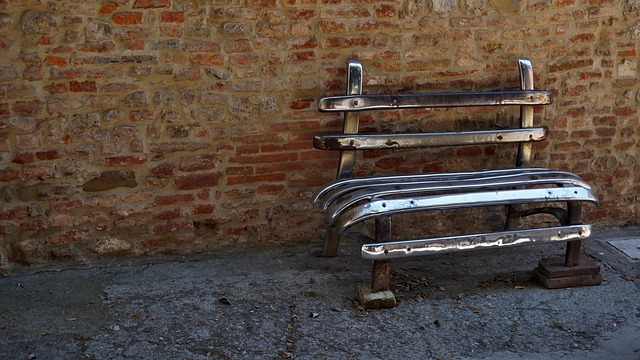
When considering undercoating repairs after a collision, it’s crucial to evaluate your vehicle’s warranty coverage. Many manufacturers offer comprehensive warranties that may include protection for underbody components, especially if the damage is a result of the collision. Reviewing the terms and conditions of your warranty is essential; some policies explicitly state what’s covered and what isn’t, particularly in cases of accidents.
If your auto body services provider suggests an undercoating repair as part of the collision repair process, check with your manufacturer or dealership. They can provide clarity on whether this service is included in your warranty. In some instances, certain auto body painting and collision repair procedures might void warranty coverage, so ensuring that undercoating falls within the protected scope is vital to avoid unexpected costs.
The Impact of Professional Restoration on Long-Term Warranty Validity

When a vehicle suffers a collision, the decision to pursue professional restoration versus DIY repairs can significantly impact its long-term warranty validity. Many auto manufacturers include comprehensive warranties that cover various components and services, including initial collision damage repair. However, performing an undercoating after collision repair might void these guarantees if not done correctly or according to the manufacturer’s specifications.
Professional restoration involves experienced technicians who understand the intricacies of modern vehicle construction. They employ specialized equipment and adhere to strict industry standards, ensuring that all repairs, including undercoating, are accurately documented and approved by the manufacturer. This meticulous approach preserves the integrity of the vehicle’s structure and protects the consumer from potential warranty disputes. In contrast, DIY auto body repair or dent repair might leave hidden issues undetected, leading to future complications and a possible rejection of warranty claims related to undercoating or other hidden damages.
When considering undercoating after a collision, understanding its role in protecting your vehicle’s structure and evaluating warranty coverage is crucial. If properly performed by professionals, undercoating can enhance long-term warranty validity. Remember, the impact of professional restoration on your vehicle’s warranty should be carefully considered to ensure you’re protected against future repairs and costs associated with undercoating after a collision.
